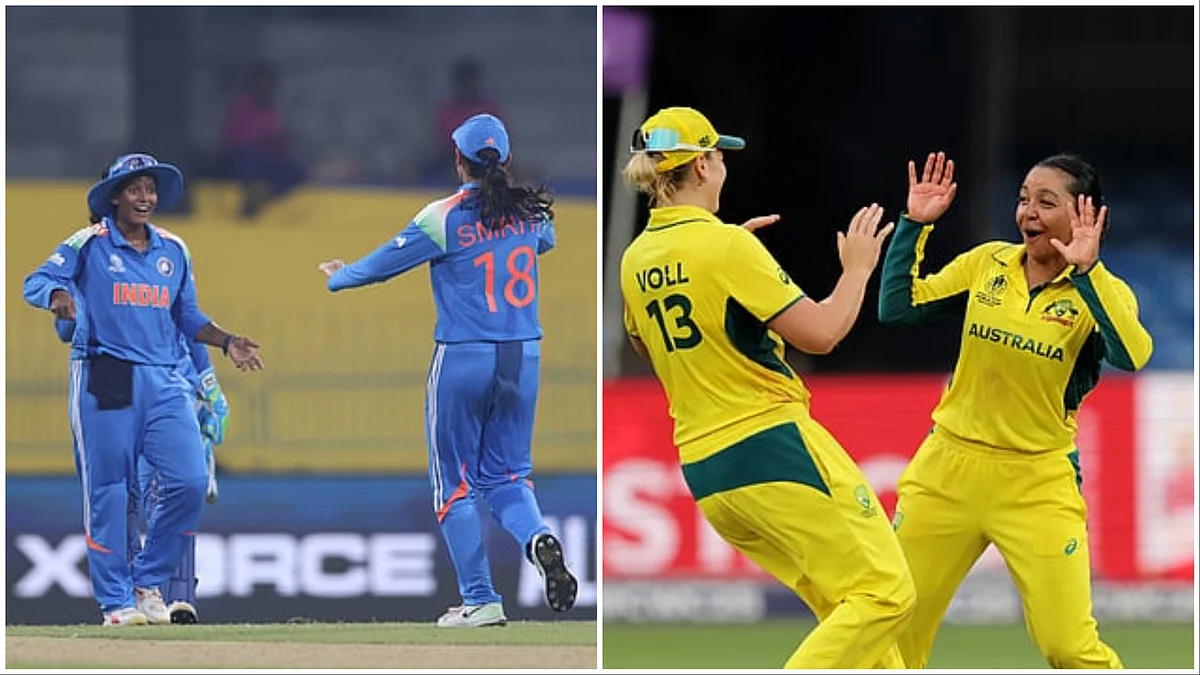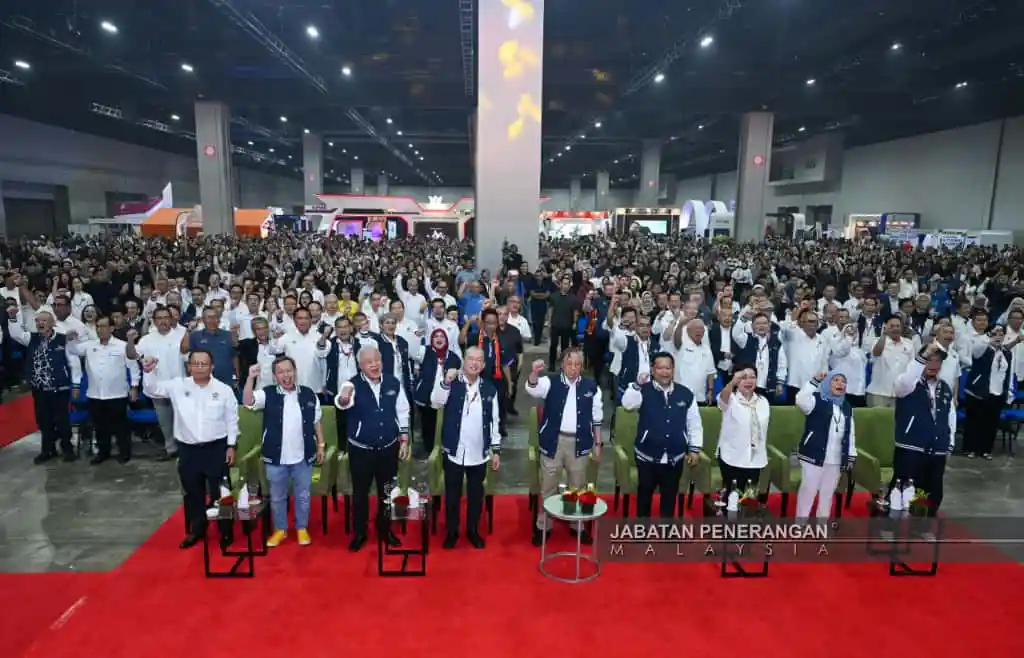Copyright deccanchronicle

Hyderabad: Chief Minister A. Revanth Reddy’s call for film producers to share the 20 per cent of the revenue generated from ticket price hikes with the state’s 15,000-odd film workers has sparked a debate across the Telugu film industry. While the move has drawn praise for its worker-friendly intent, several producers have raised concerns about its practicality given the industry’s ongoing financial stress.“Ticket price hikes ranging from Rs.400 to Rs.1,000 in the opening week have become a necessity rather than a choice,” said a top producer on condition of anonymity. “Budgets of Telugu films have skyrocketed, while recoveries have fallen drastically due to multiple factors — piracy, changing audience preferences, and shrinking non-theatrical revenues. When projects costing Rs.200 to Rs.500 crore depend heavily on strong openings, any further dent in returns could be crippling.”Veteran producer C. Kalyan welcomed the Chief Minister’s proposal but urged the government to balance worker welfare with producer sustainability. “I welcome this decision since cine workers deserve better for their tireless efforts,” said Kalyan. “But the fact remains that producers are going through their worst phase.Tollywood is witnessing more flops than hits. The massive success of ‘Pushpa’ and ‘Kalki 2898 AD’ are rare exceptions in an otherwise bleak two years, Kalyan said. Out of nearly 4,000 registered producers, only about 20 remain active, while the rest have gone dormant, weighed down by debts and unpaid dues.“I have a list of producers struggling to survive after investing heavily in big-star projects over the past decade,” he added. “If the Chief Minister seeks details, I can submit them in a sealed cover. I urge him to also create a welfare fund for distressed producers — perhaps by earmarking `5 from every ticket — to support their families, children’s education, and healthcare.”Asked about remuneration of superstars, which now ranges between `75 crore and `150 crore, Kalyan acknowledged that “stars bring audiences and charge accordingly.”“But between actors and technicians, nearly 60 per cent of a film’s total budget is consumed, leaving only 40 per cent for production,” he explained. “With OTT, Hindi dubbing, and other non-theatrical rights losing value, even top producers are struggling to stay afloat. A few may still appear stable, but given the current losses — even in star-studded films — it’s unclear how long they can sustain.”Industry insiders say the Chief Minister’s proposal could pave the way for a more equitable revenue-sharing model, but only if accompanied by structural reforms addressing spiraling costs, ticketing practices, and digital disruptions.



